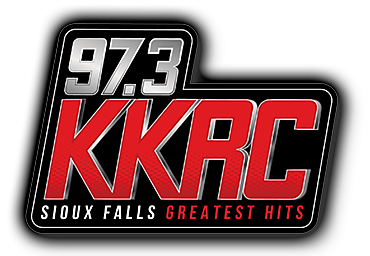
Making Money Health More Manageable
When you stray from your fitness goals with a fast-food meal or by skipping a few days at the gym, it's important to not use those moments as an excuse to stop trying. Financial fitness is the same. When you miss a month of paying into your savings, or allow a credit card balance to roll over to the next month, it's important to get back on track as quickly as possible.
And just as you set small, achievable physical fitness benchmarks that move you toward your ultimate goal - like losing three pounds this month and five the next - you can take incremental steps toward financial fitness, too. You may think goals such as having enough cash savings to cover six to eight months of expenses or building your retirement savings are beyond your reach. But here are some ideas for making those goals more realistic - and achievable - for you:
Build an emergency fund
Almost everyone knows someone who says they have no savings at all. When disaster strikes in the form of a major car or home repair, these people have no buffer at all and often the crisis gets taken care of with a credit card. Yes, an ideal scenario would be to save 10 percent of your income every month until you have an appreciable emergency fund saved up. If that 10 percent goal seems totally unachievable to you, take smaller steps. Save what you can, even if it's only $10 per paycheck. The savings will build faster than you expect, and if an emergency arises at least you'll have some cash reserves to help mitigate the need to cover the expense with credit.
Take care of your credit
While you're thinking about your credit, remember that achieving good credit requires more than just paying down credit card debt. One of the most important things you can do for your credit is to consistently pay bills on time. Fortunately, plenty of tools exist to help ensure you do just that. From setting up auto-pay with utility companies (don't forget to look at your statement every month) to establishing email alerts that give you a "heads up" a week or two before a bill comes due, you can help ensure all your bills are paid on time every month. Payment history is a significant factor in determining your credit score.
If you're not sure how your spending and payment habits affect your credit score, freecreditscore.com offers a patented Score Planner that lets members and non-members alike see how financial behaviors can affect one's credit score. Remember, your credit score not only influences your ability to secure credit at favorable rates, it can also impact how much you pay for car insurance, whether or not you're able to rent an apartment, and can even influence your job eligibility with potential employers who request credit checks.
Take control of your spending
Spending too much is right up there with not saving enough when it comes to habits that can sandbag your financial health. It can be difficult to get a handle on your spending, but here are two simple things you can do to help take control:
1. Make a budget - This can be as simple as sitting down with all your pay stubs from last month and adding up your take-home pay to see how much money you really have to work with every month. Next, take last month's utility bills, car expenses and rent/mortgage bill - the things you absolutely must pay to keep afloat - and deduct them from your take-home total. Then, review your bank and credit card statements and look at how you spent money last month. This will help you make decisions about how to spend your money going forward. Did you spend more on dining out than on groceries? Did you spend more on entertainment than you put aside in your savings?
2. Go cash-only - Many money pros advise people who struggle with overspending to switch to a cash-only basis. The thinking is that when you pay with a debit or credit card, it doesn't feel like you're really spending money, when of course you are. Paying with cash means you see your hard-earned money actually leaving your hands, and you'll be more likely to think much more carefully about a purchase before you make it. Going cash-only also ensures that you'll avoid paying credit card interest and minimizes the risk of running up credit card debt.
Just as you do small, manageable things to improve your physical health, breaking down your financial health into easier-to-achieve steps can help you stay on track.




